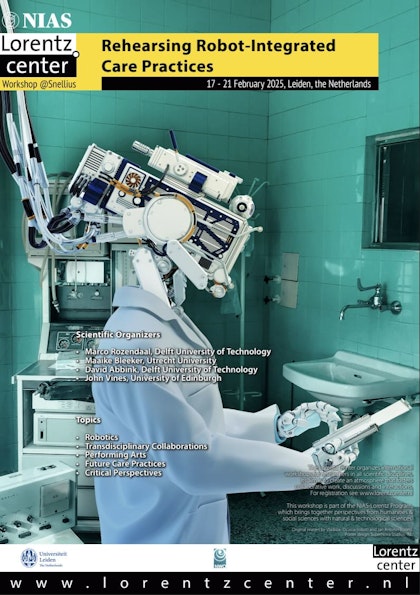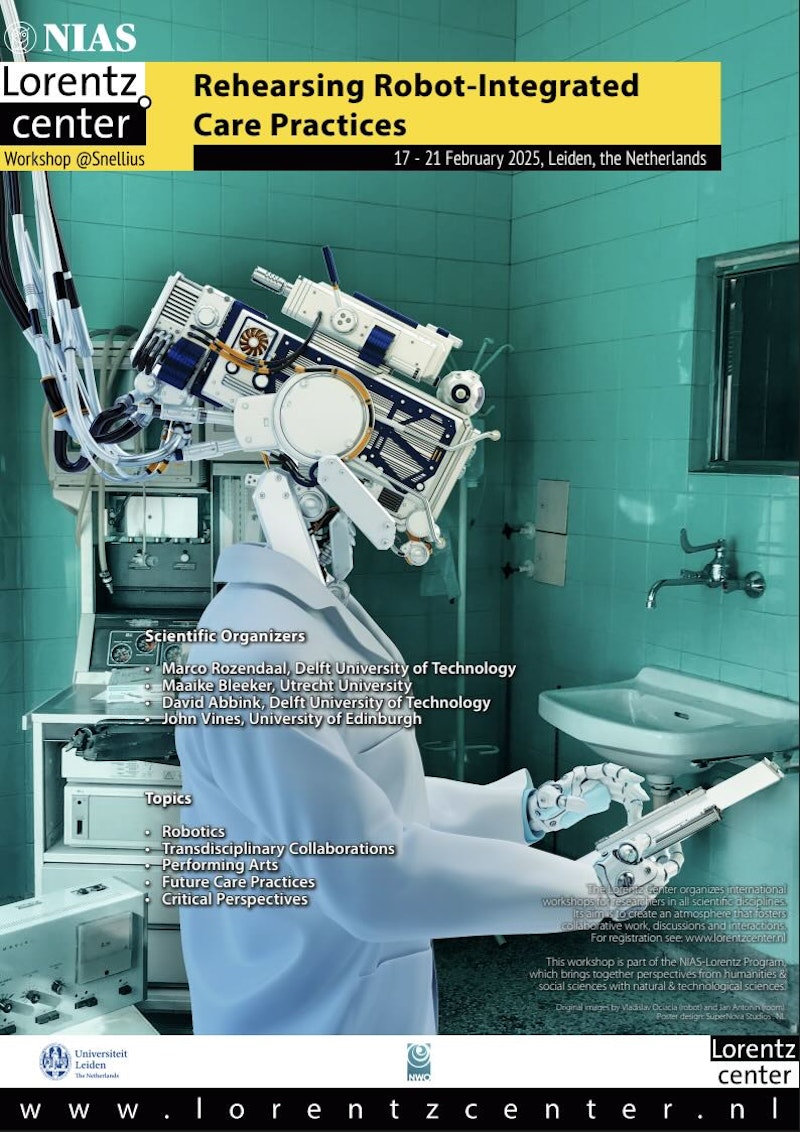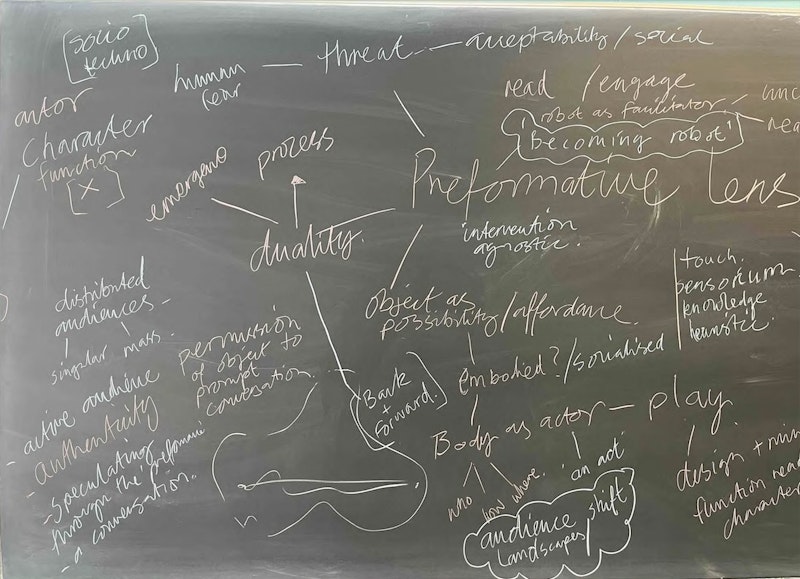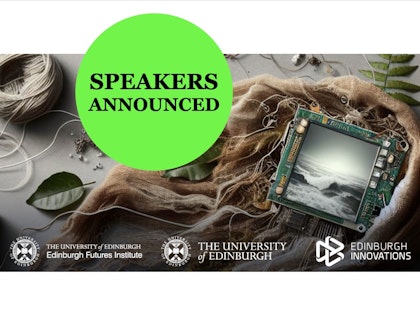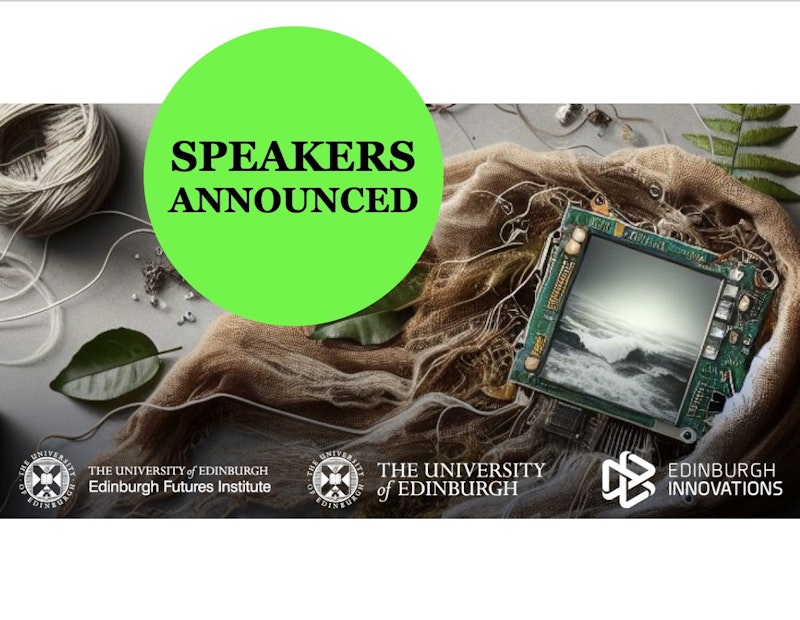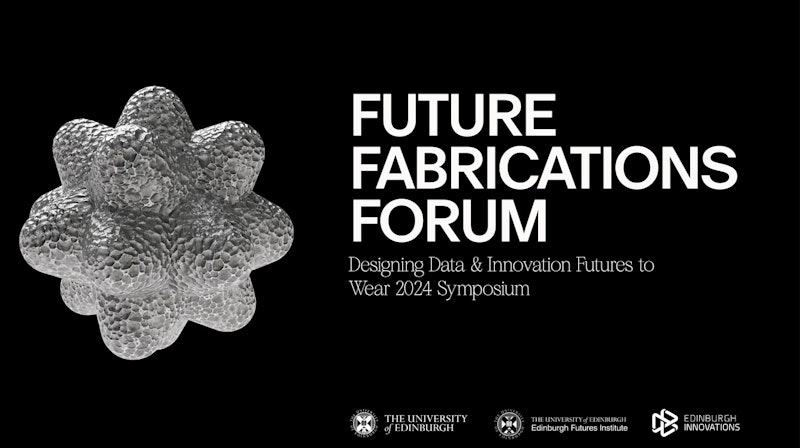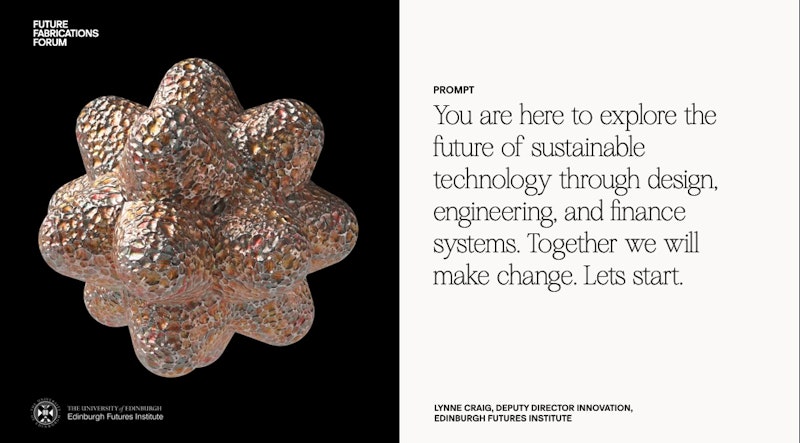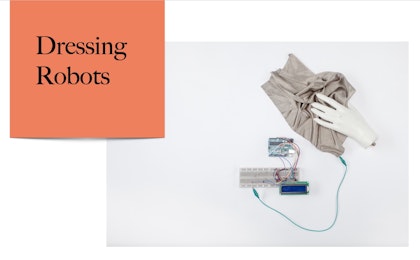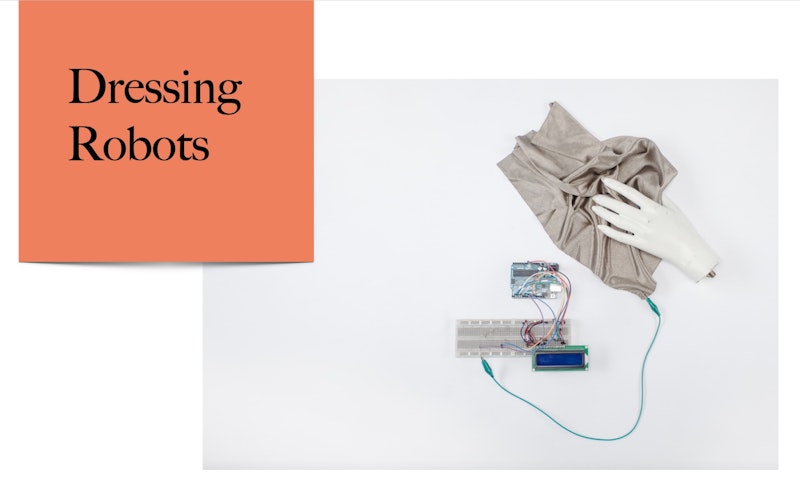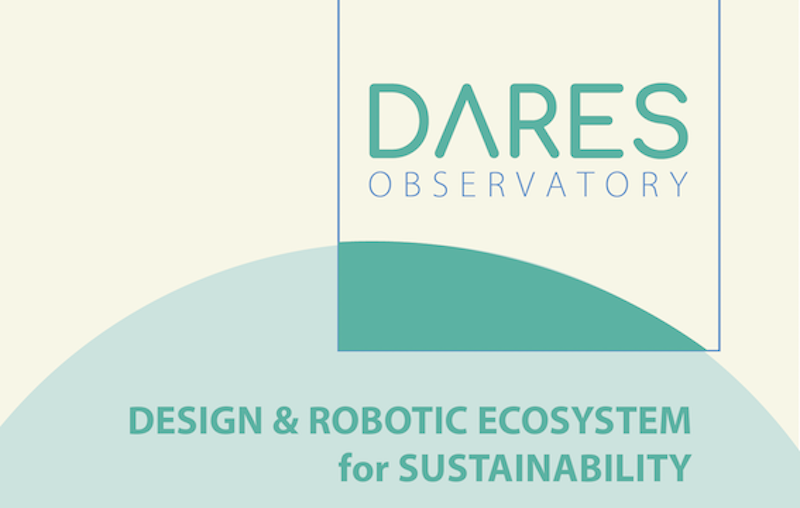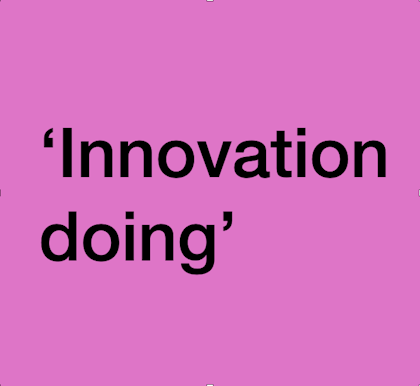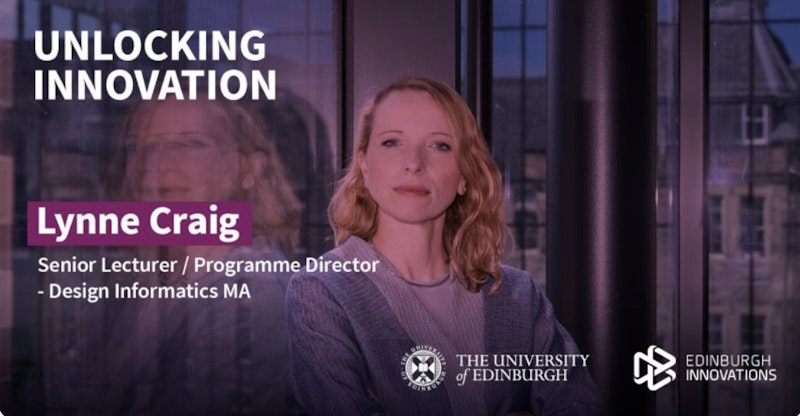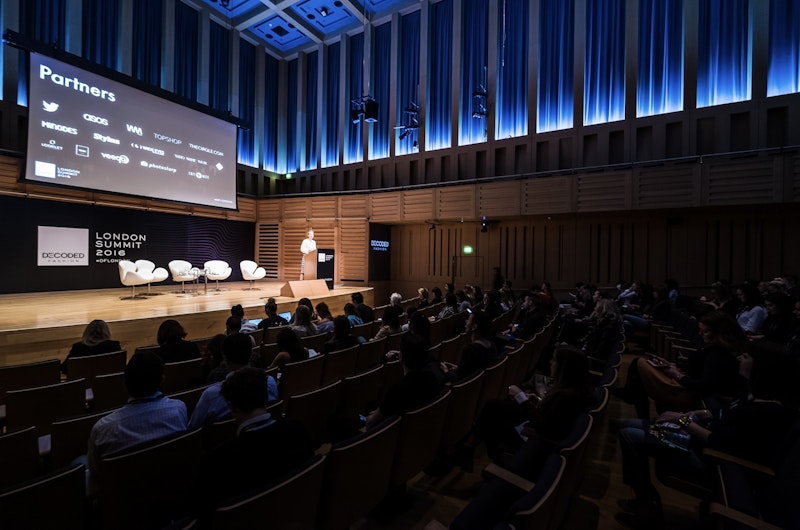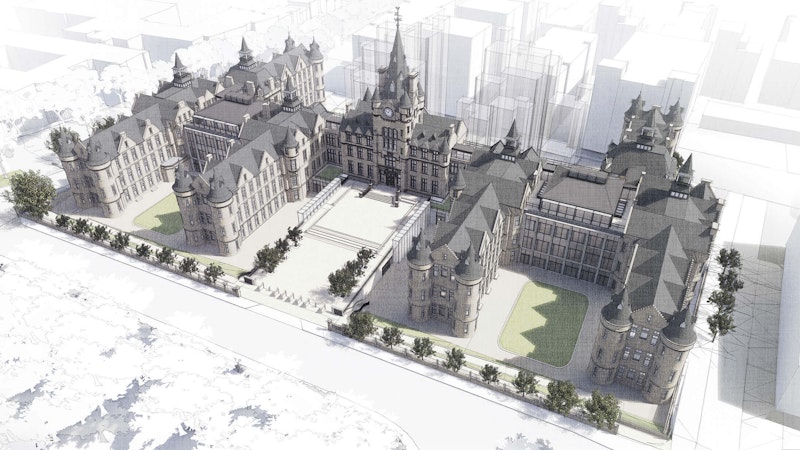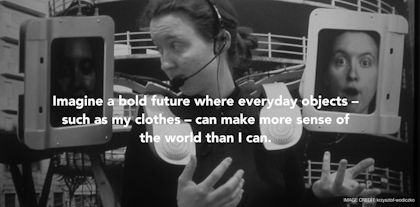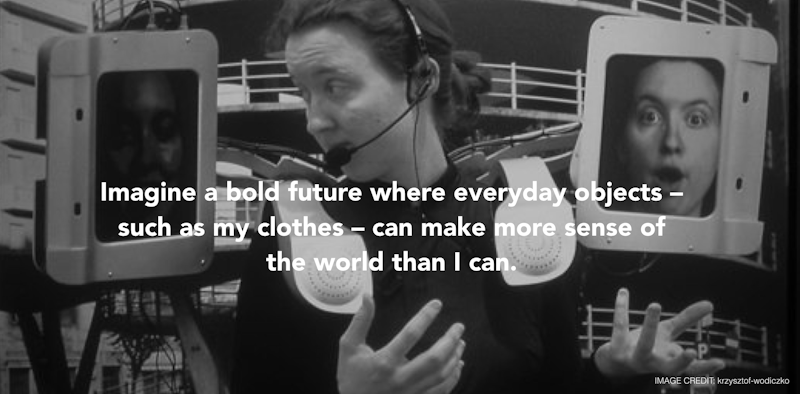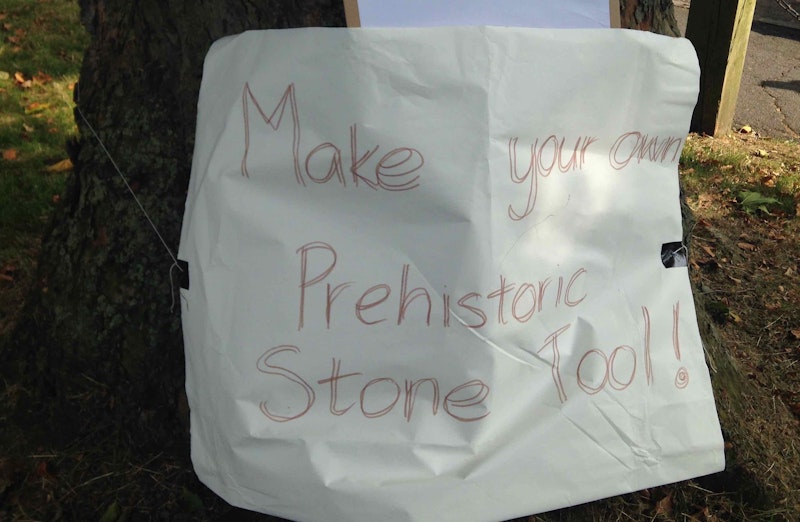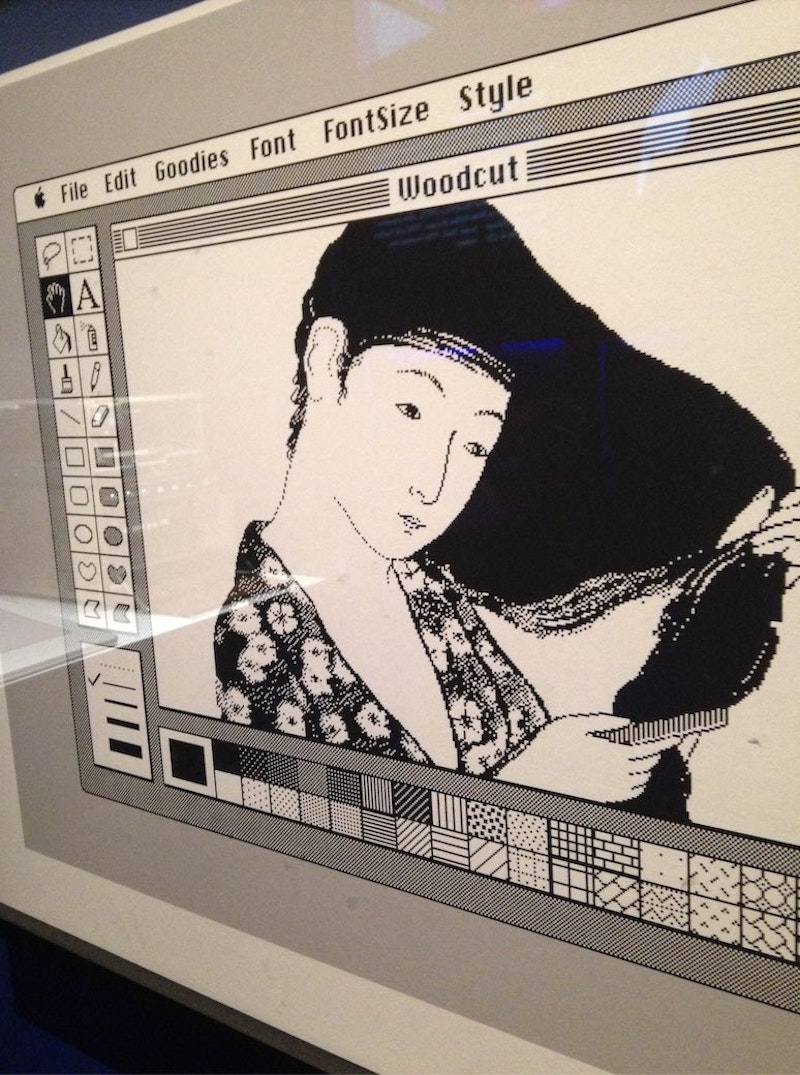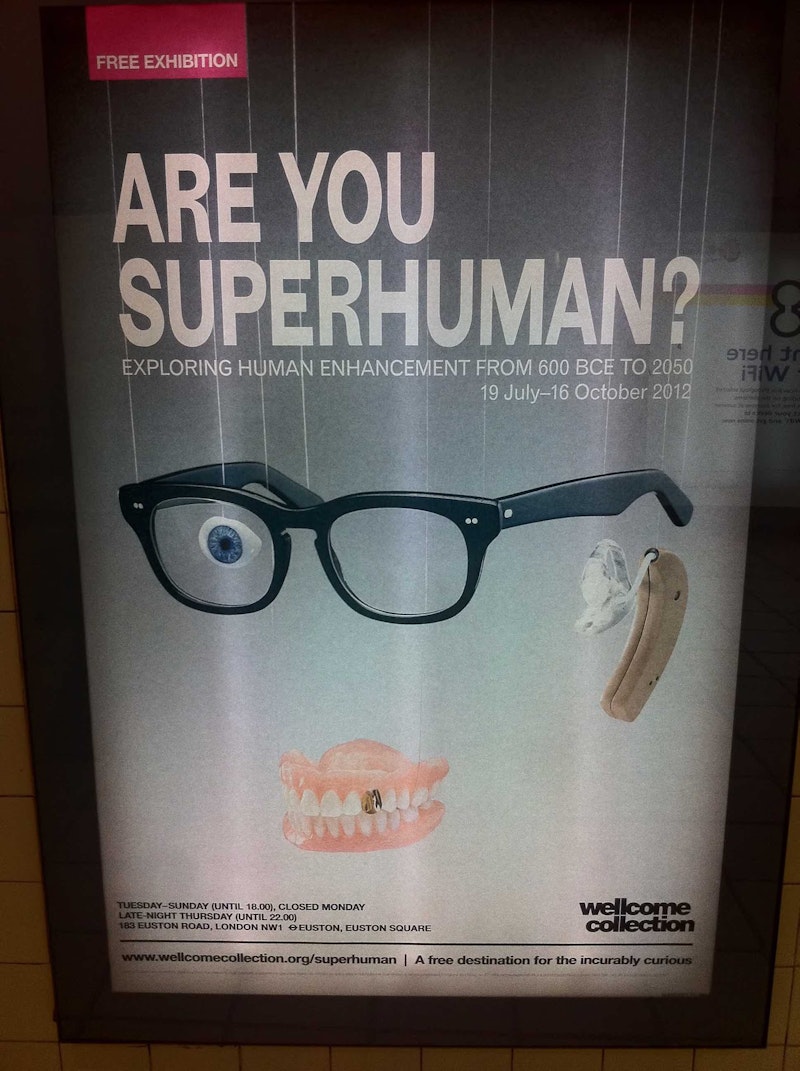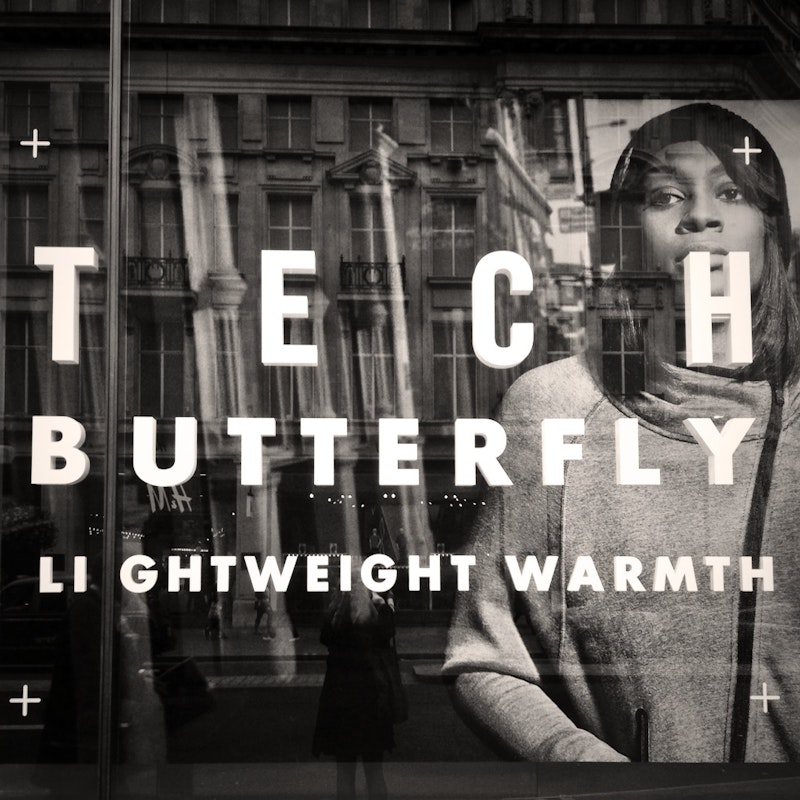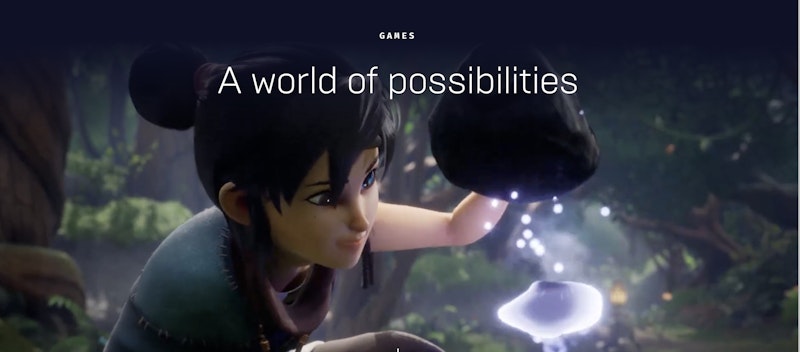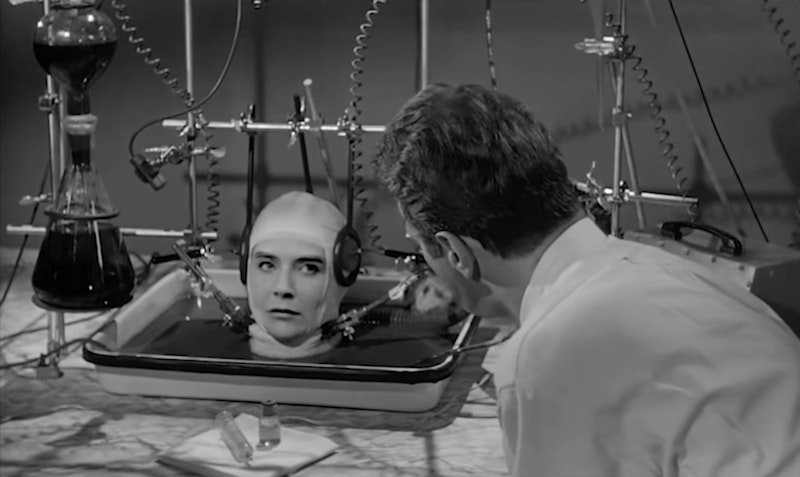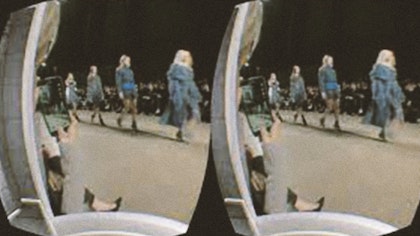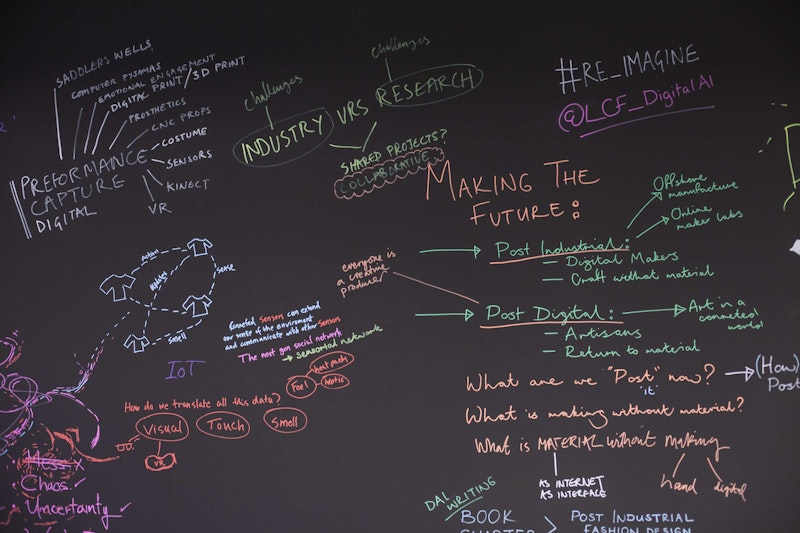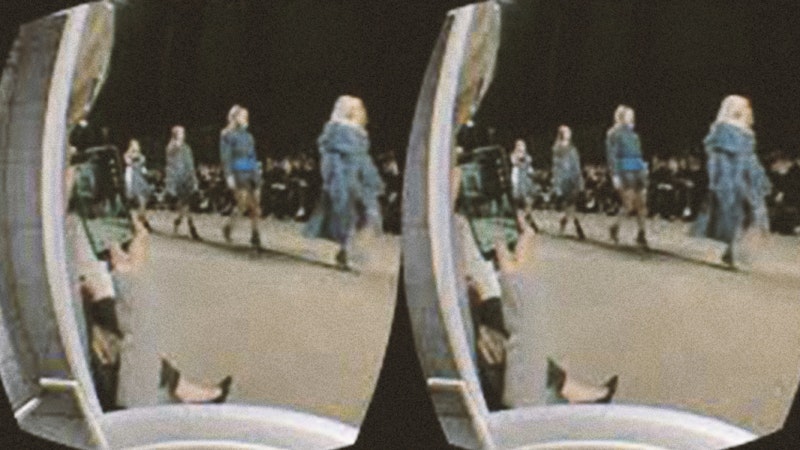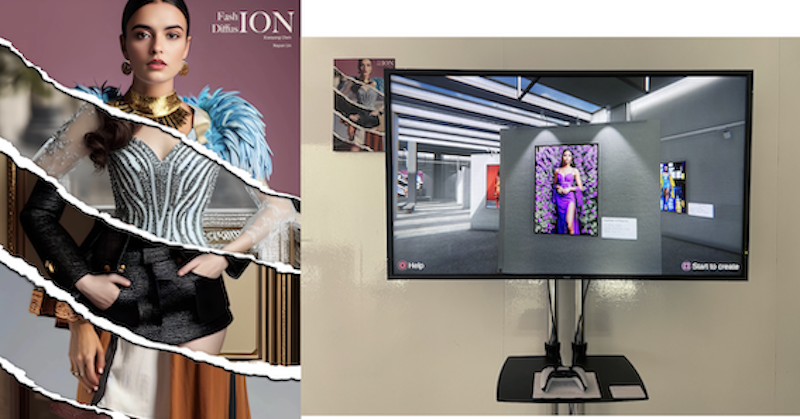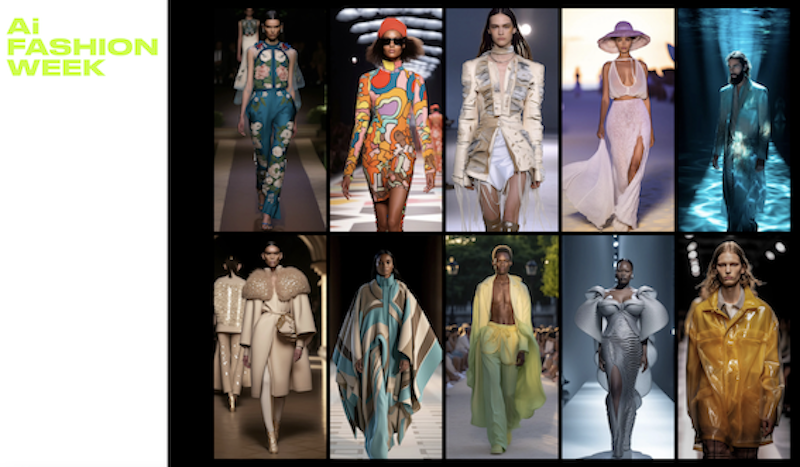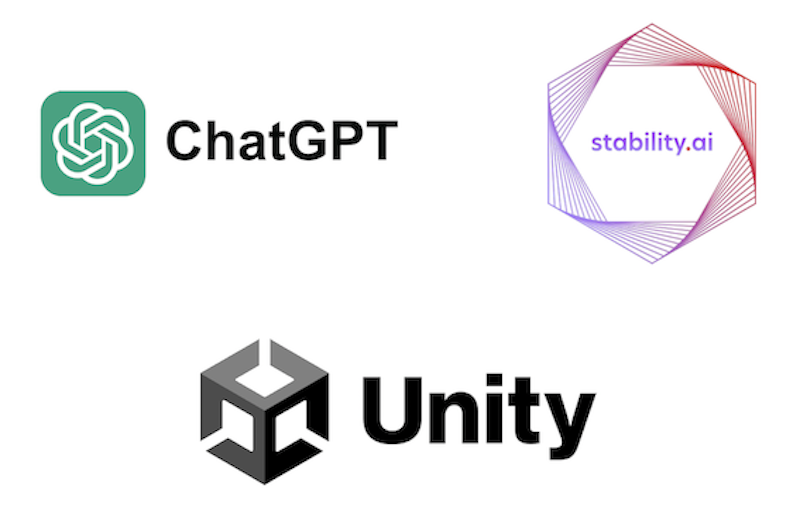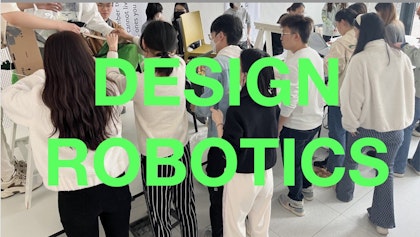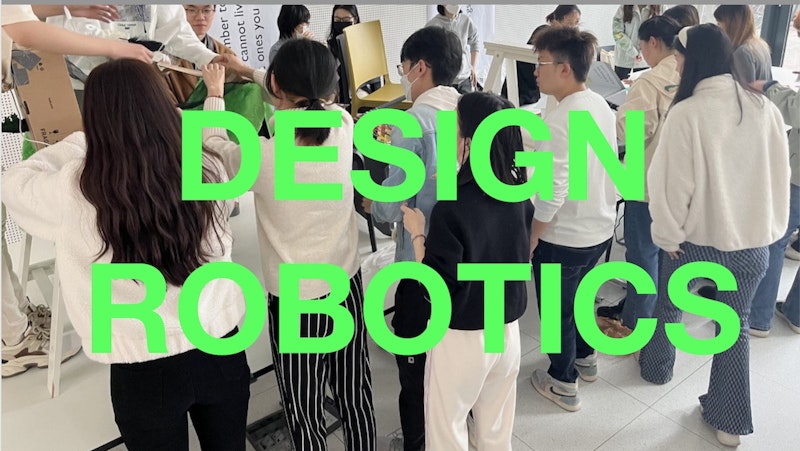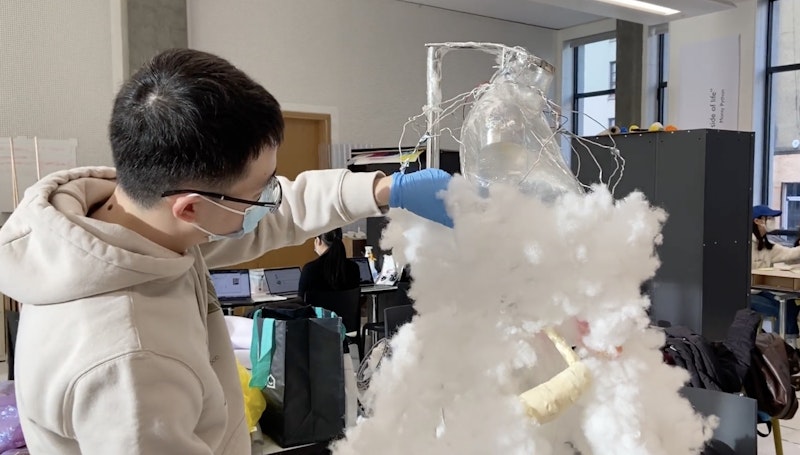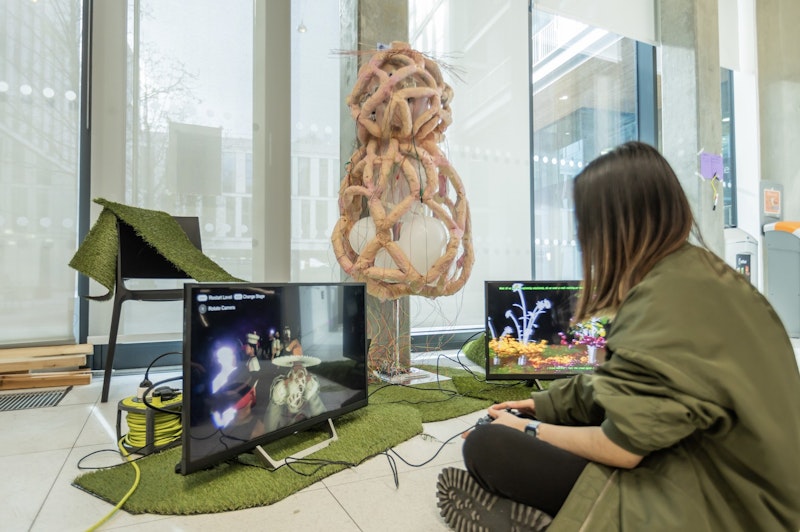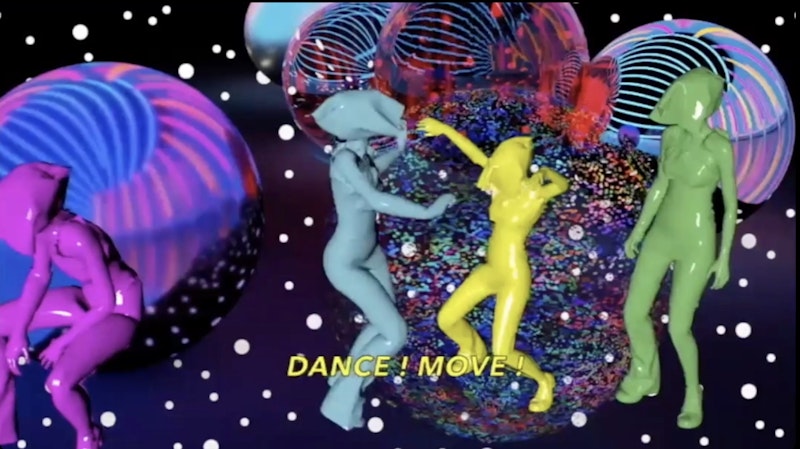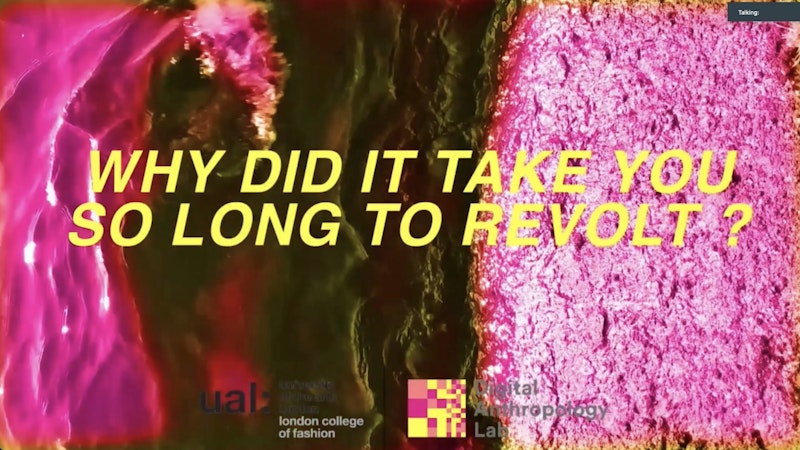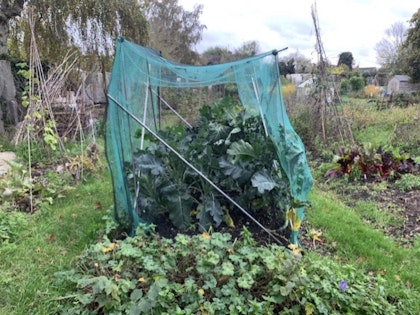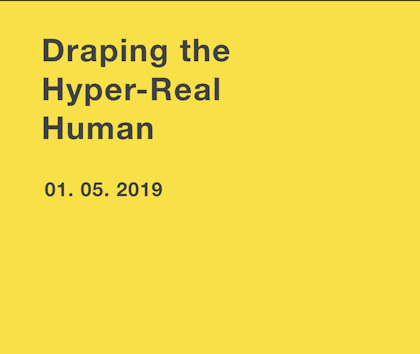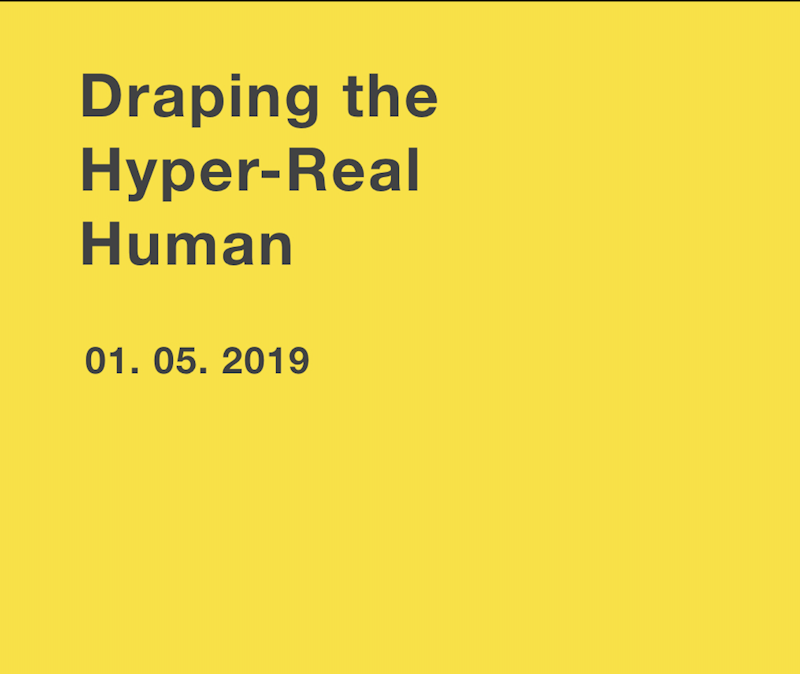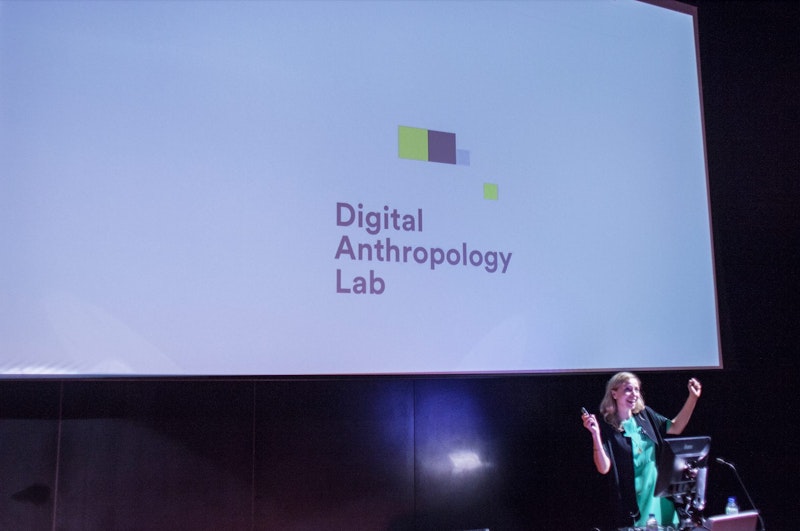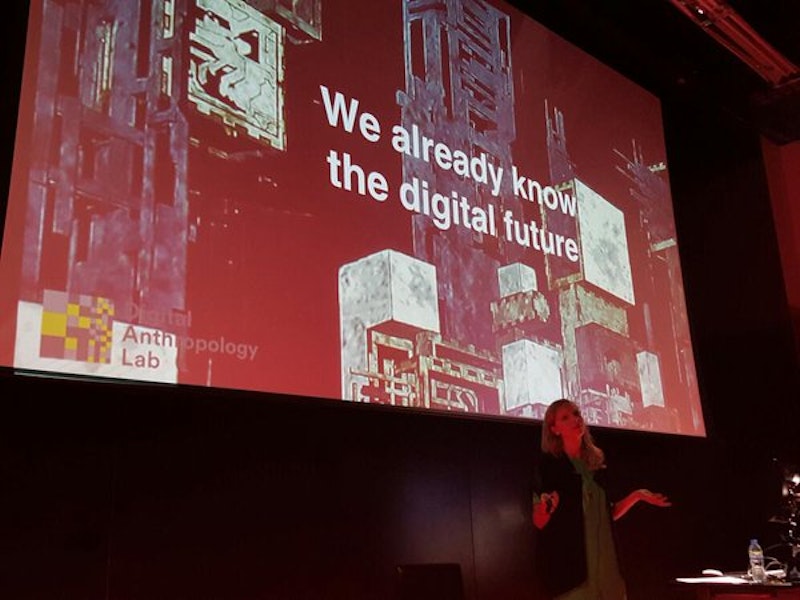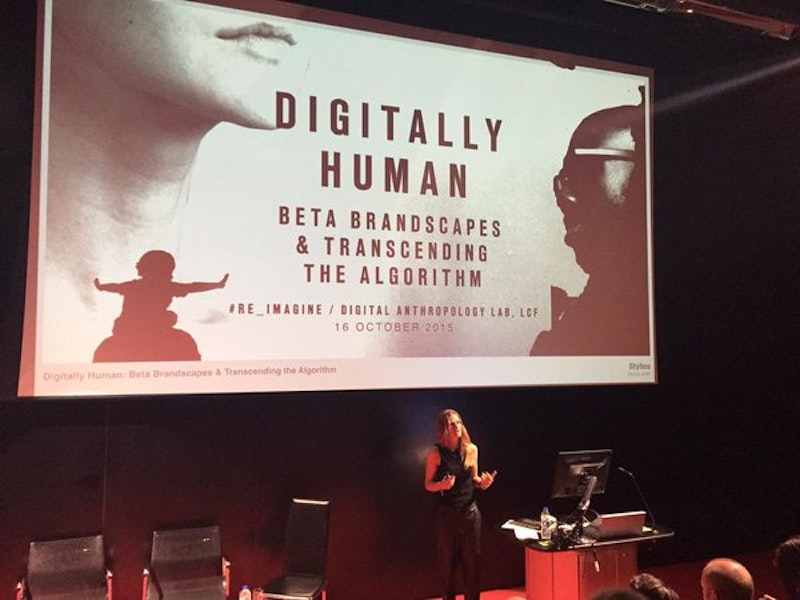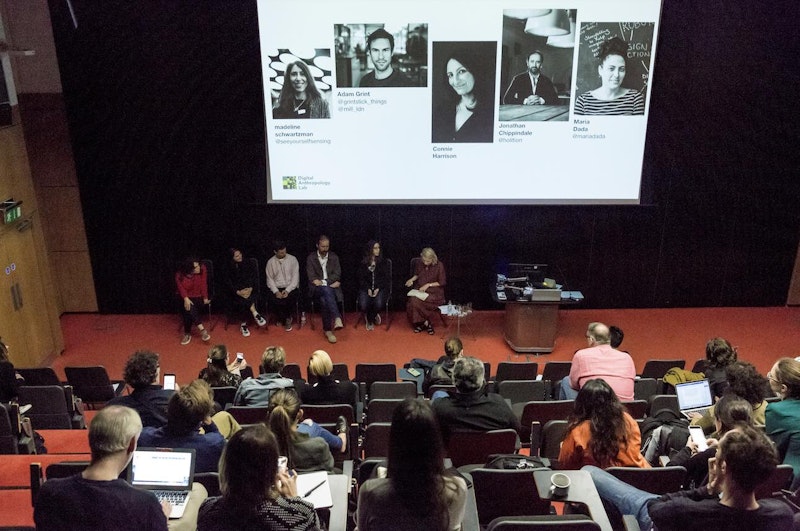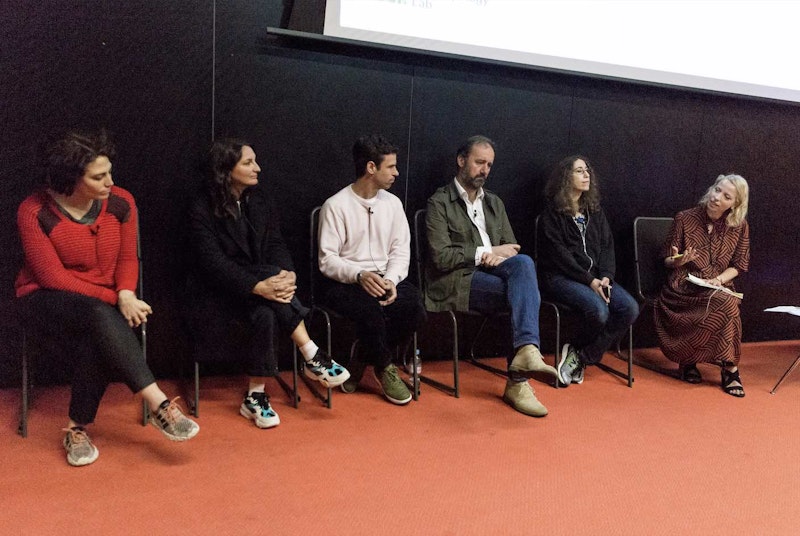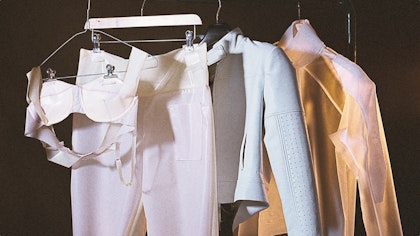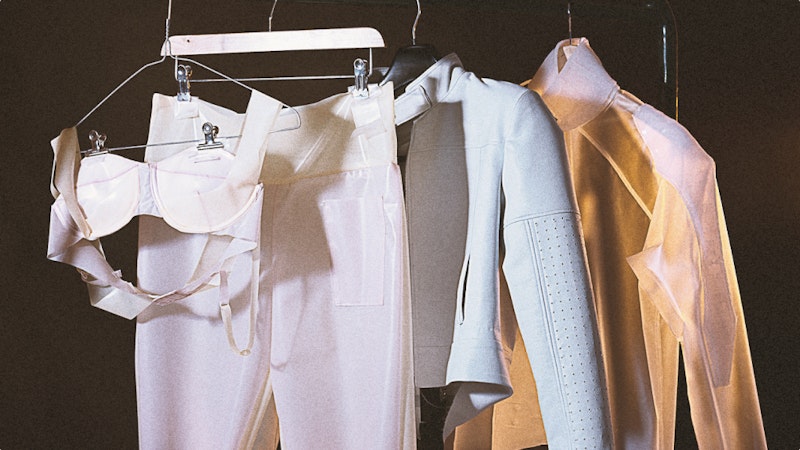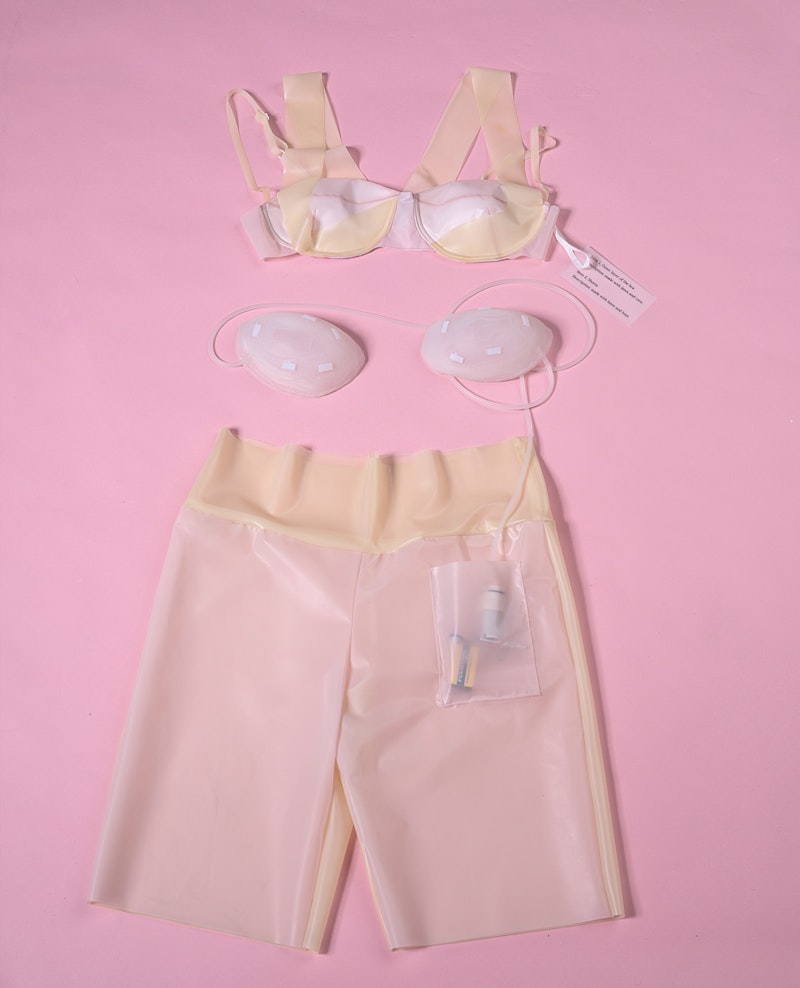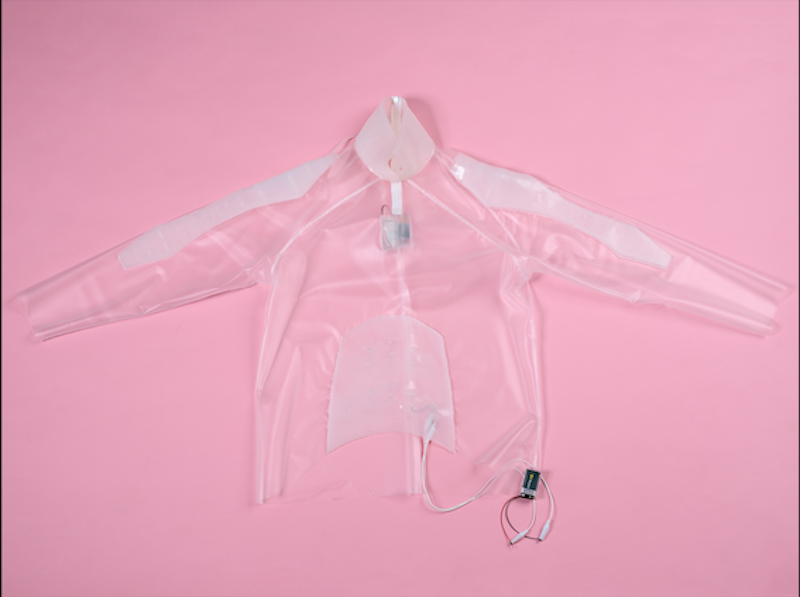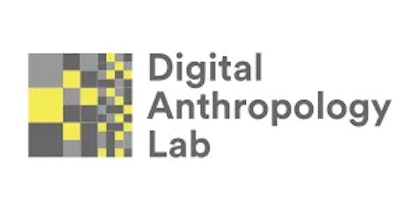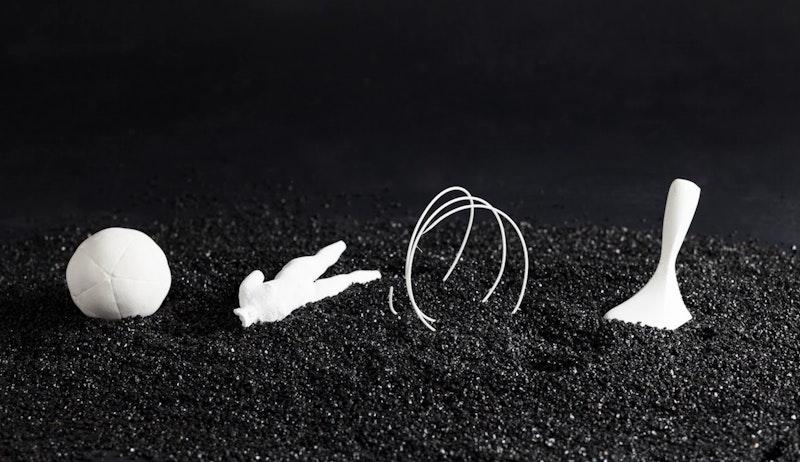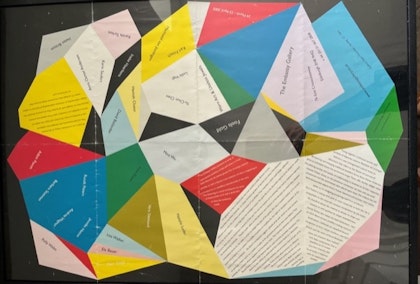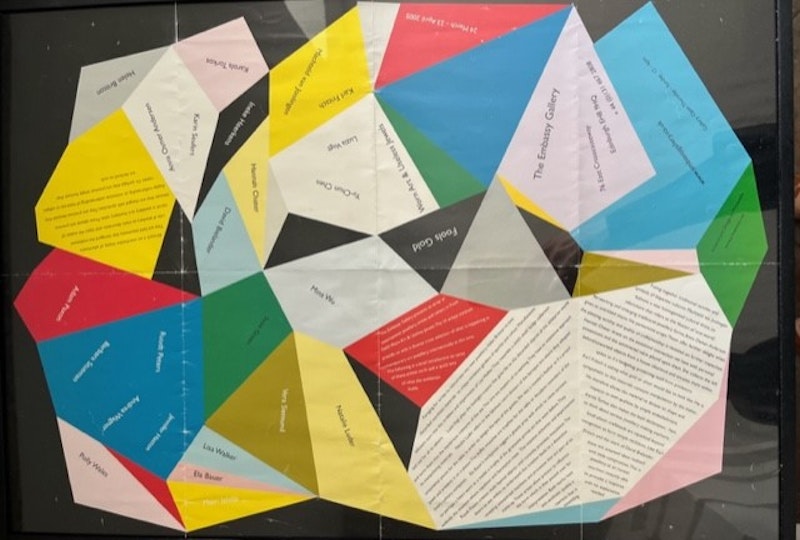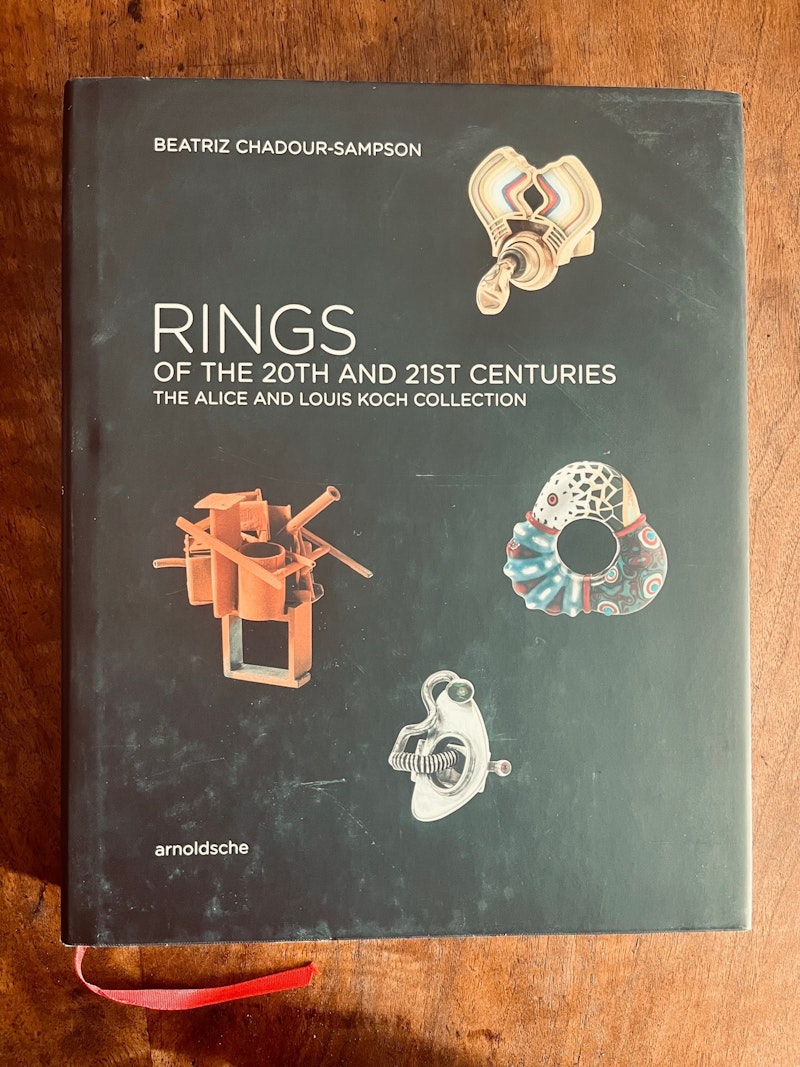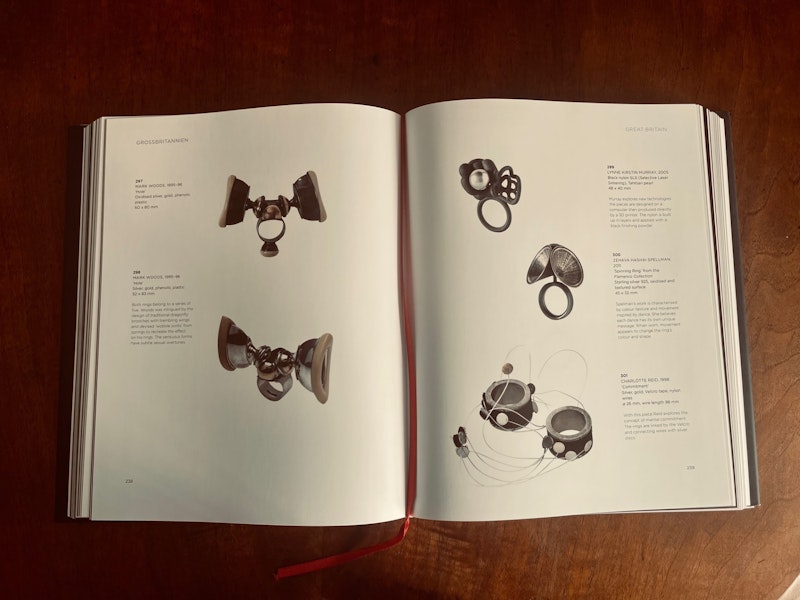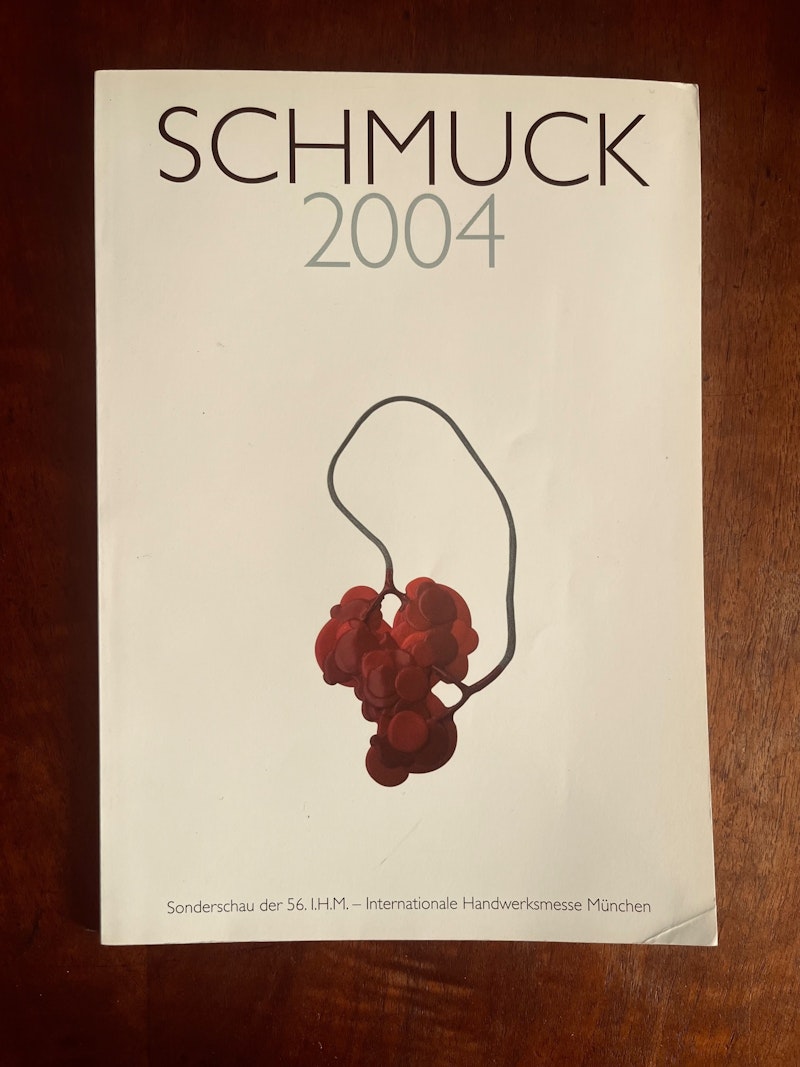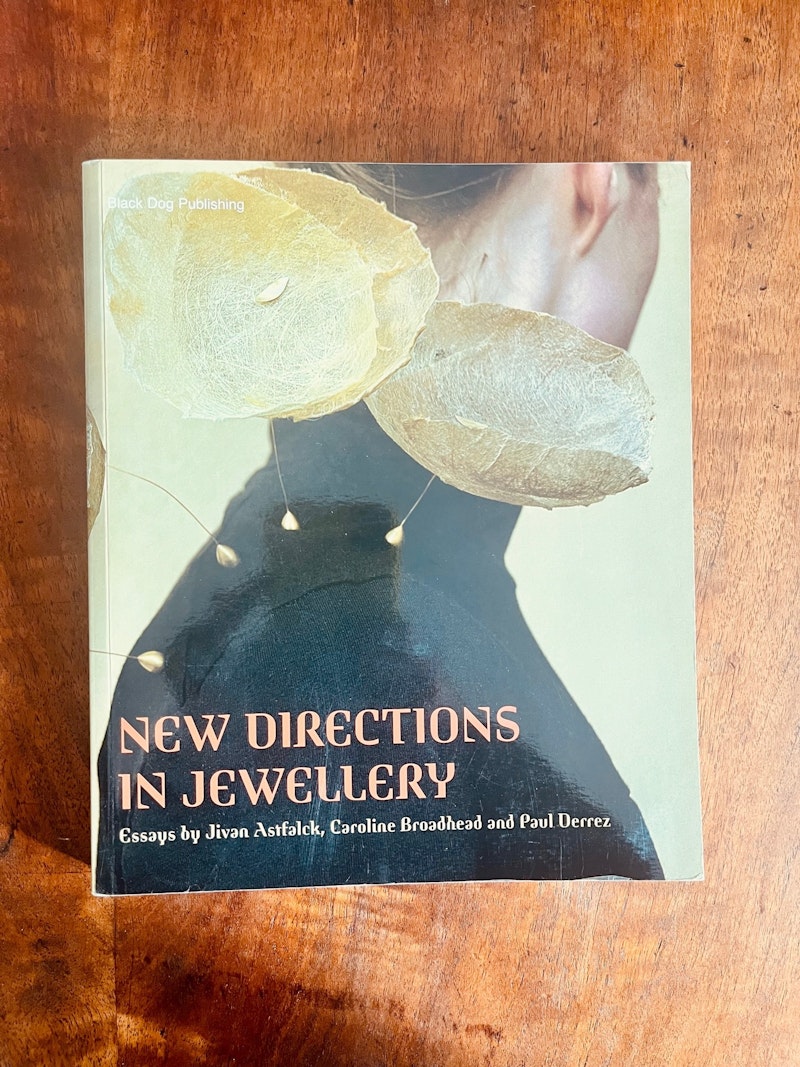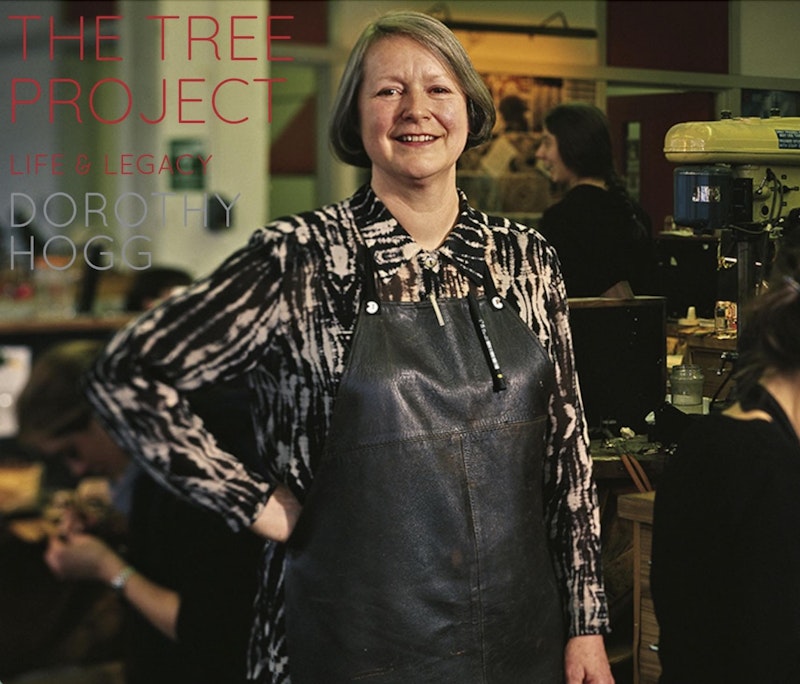Contact
Computational Adornment
Bayes Centre
Design Informatics
47 Potterrow
Edinburgh
EH8 9BT

I was recently invited to attend a workshop at the Lorentz Centre, Leiden. https://www.lorentzcenter.nl/
Together with an amazing grouping of international colleagues we explored areas of robotics in a care setting addressing the following;
Emergence, embodiment, materiality, situatedness, enactment and process.
We studied Temi Robotics, PAL Tiago, and Fizzy Robotic Ball through a performance lens, with deep nuanced discussion.
Works to follow.
Thinking through fabrications for a new age of design. Prompting key challenges to our made and worn worlds across design, robotics, entrepreneurship and sustainability. 21st June 2024
I am currently developing research with design, data and robotics colleagues at University of Edinburgh looking at 'dressing robots' and 'wearing robotics.' I aim to position a new generation of robotic futures we all want to touch, wear or interact with. Focusing on design, material and sustainability of robots to make, live with and do, a future #robot-anthropology. Working with novel play-based approaches to pedagogy, the work is focused on driving co-created robotic futures with design.
Who, where, how and what do we want of our future robotics and in what way will materiality and autonomous artefacts be shaped by being human?
What do we mean by 'Innovation Doing'? Adjectives can help us think about turning strategy of large complex ventures into translatable take-aways, but in what way does this happen? And can strategy fuel cultures of innovation?
We must 'innovation do,' to progress, test, articulate vision and deliver impact.
Currently navigating the largest start up environment I have ever worked on, (220k sq ft) of Edinburgh Futures Institute (a recycled Victorian hospital) embedding industry and multidisciplinary practice to catalyse new opportunities for innovation, entrepreneurship, collaboration and research.
See my Innovation Career Path at University of Edinburgh
Thinking through interests. Craft, making, forwards and backwards futures for technology enabled garments, games, AI film, early Apple playing. Appropriating language, being human. Stacking a digital anthropology lens.
Imagine if fashion had a course for data... In response to an interview I had with, 'Business of Fashion,' to debate the role of technology education in fashion, and my consultancy work with PI Apparel to convene employment opportunities for data-focused practitioners in fashion, I am currently piloting the course, 'Fashion Informatics' at University of Edinburgh.
The course explores a radical meeting point of data-science and design as applied to the fashion sector, including manufacture, sustainability, retail and design, from production to consumption, front end to back end- this is the future of fashion. Students are invited to explore UX, UI, data, AI, AR, VR, robotics, animation, gaming, immersive design and entrepreneurship. Currently in stealth mode, piloting with organisations 23/24.
Example is a student created Unity game with AI generated garments integrated to game play environments by Design Informatics students Xiaoyang Chen, Xuyun Lin.
I am currently leading development of new academic pedagogies focused on the study and practice of, 'Design Robotics' at University of Edinburgh. Pioneering a new course which allows the language of design to experiment, play, break and create new meaning for robotics application. Our aim is to engage new audiences and students in the study and multi-disciplinary practice of what robotics could be to ensure ethical, creative, imaginative and inclusive development of intelligent artefacts of our future material cultures.
We adopt novel material systems, imagine new use cases and develop play-based prompts to examine what we want of our future world that may be smart and autonomous. We make physical prototypes and play with physical computing, sensors and actuators to create new interactions and develop concepts with our international post-graduate students, and showcase final projects at the National Robotarium, UK's centre for Robotics and Artificial Intelligence.
Digital Antropology Lab collaboration with MA students to co-create an embodied Zoom performance in at the start of the gloabl CV19 pandemic. The project asks questions on which body travels, how to present the self online, opportunities of AI and real-time 'dress-up,' and in what way our internet identities and narratives motivate our physical selves and impact wellbeing through performative embodiment remotely.
What can digital communities learn from the concept of an, 'Allotment?' Can we grow digital things, how do we share seeds of knowledge, what sustainable practice can emerge when we learn from localised communities managing nature for nourishment, wellbeing and pleasure?
Discuss.
'Draping the Hyper-Real Human,' 2019 was the third in a series of three conference symposium I designed, chaired and hosted at London College of Fashion, University of the Arts. Speakers included immersive producer, Connie Harrison, Creative Director Adam Grint from post-production house, The Mill London, Jonathan Chippendale Holition, and Madeline Schwartzman, robotics artist USA.
Also including, 'Re_Imagine, Where are our Digital Selves Heading?'- 2016 Featuring keynote speakers from Google, Intel, MIT and Sir Ian Livingstone, and 'Digital Resistance, A Global Journey in Human Augmentation,'- 2017 featuring speakers including Prof. Mughendi K. M'Rithaa, Cher Potter, Bart Hess and James Turing.
Ongoing practice of research towards, 'Dressing Robotics.'
Programmable Matter, a collaborative research project, created opportunity to speculatively identify novel application for soft robotics to the landscape of worn artefacts. As a co-creative process with Digital Anthropology Lab, Masters Post-Graduate students at LCF developed physical, functioning prototypes as technology enabled garments. A functioning soft-robotic breastfeeding bra, sensing and actuating to help stimulate milk production, a soft-robotic garment to defend, using emotion sensors to trigger a dramatic shape-change actuation to an archetype leather jacket, and an inflatable soft robotic garment to prompt unknown desires... Design and robotics, creating new applications for embodied interactions.
Our material worlds are changing, one sensor and actuator at a time. With DESIGN.
A joy to imagine, build and establish leadership and vision for Digital Research at London College of Fashion, University of the Arts London, founding the Digital Anthropology Lab, DALab.
A catalyst for institutional change, DALab positioned new approaches to applied, practice-lead, speculative technology research in the field of digital anthropology and design, and created the conditions to demonstrate frontier activity in development of digital practices, knowledge exchange and innovation at London College of Fashion.
DALab positioned the use of physical computing, data, and immersive experience in the context of fashion. We pioneered soft-robotics applications in a series of collaborative ECR and Masters (graduate) projects and developed key industry partnerships, collaboration and dialogue around the, 'Internet of Fashion Things.'
DALab translated anthropology and material culture approaches to the body, extending transdisciplinary expertise to co-establish MSc in Disability, Design and Innovation at University College London (UCL). This was developed as a flagship programme to connect across two institutions in advance of a move to East Bank Cultural Quarter, Queen Elizabeth Park, the site of London 2012 Olympic Games.
DALab research convened 13 academics, supported multiple PhD candidates, developed flagship educational opportunities and framed the, 'Digital Design Lab' as a student experience platform for UAL, embedding DALab research-as-practice methodologies at scale.
A convener of academics, industry and students to enquire, study and speculate upon what it means to be human in a digital world.
Explore the infrastructure, innovation, culture and leadership developed on Google Arts and Culture here.
Connecting technology to making things via jewellery.
Jewellery connects us to millennia of being human, a conversation, an imagining, a story. Developing worn technologies from people who have made, understood and built for the body creates a foundation for possibility. Jewellery informs all.
Seen here is a poster created for 'Fools Gold,' an exhibition of international jewellers I put together with Cathy Stafford at the Embassy Gallery in Edinburgh (2004), and series of publications featuring my material practice, including 'Rings of the 20th and 21st Centuries,' 'Schmuck,' and 'New Directions in Jewellery.'
Listen to a conversation of how I translated jewellery to technology practices here as part of the, 'Tree Project, Life and Legacy of Dorothy Hogg' ( 2024) with Scottish Goldsmiths Trust and Amanda Game, Curator.
